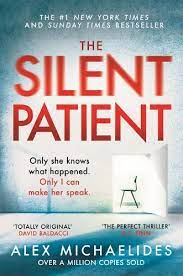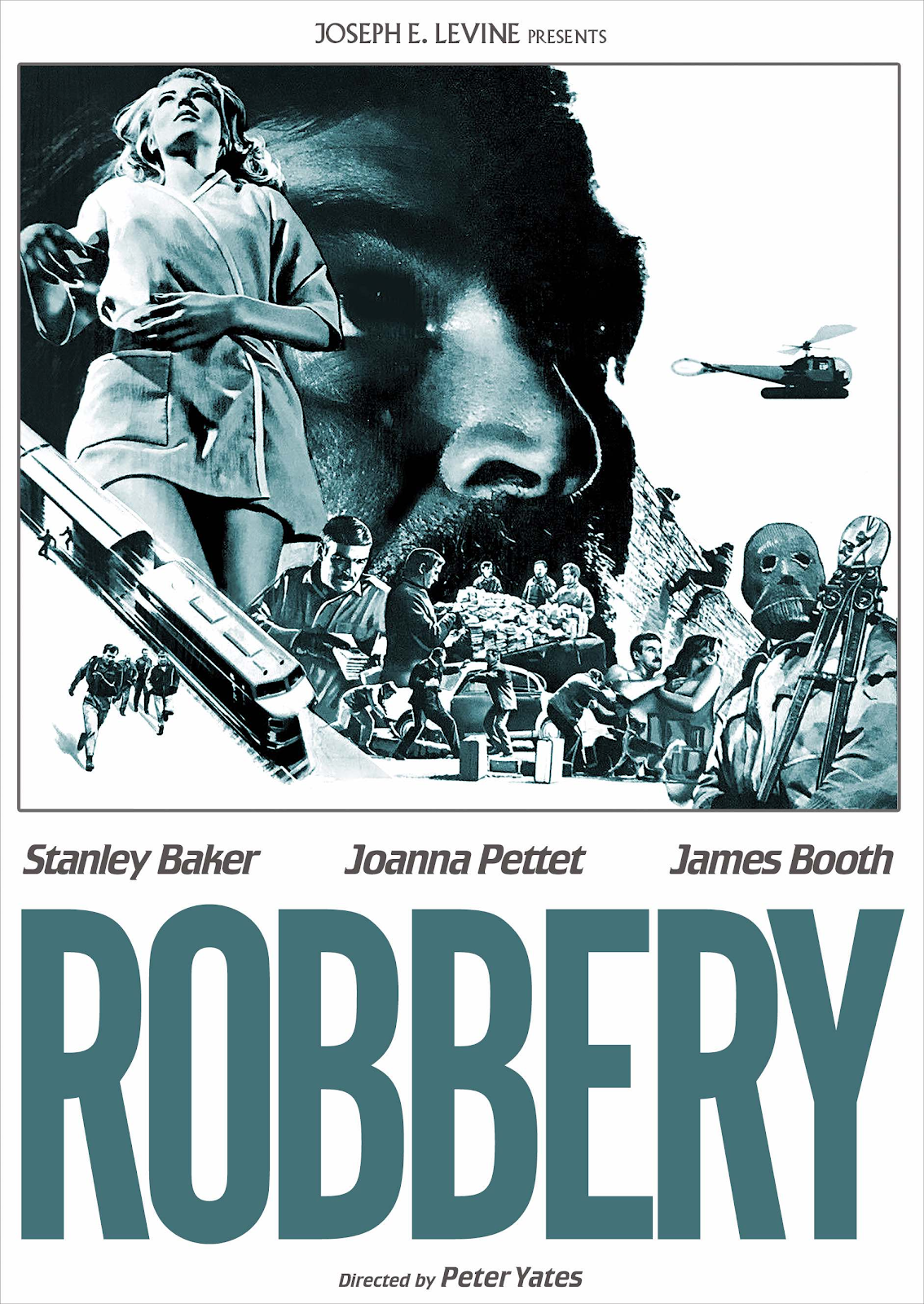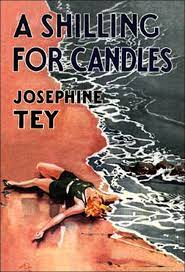I was amused yesterday when the BBC announced a 'stellar line-up' of festive television, only to include the above photo in connection with a piece about this year's Christmas University Challenge. My lips remain sealed about what actually happened, but suffice to say that for me it was a 'bucket list' moment, to appear on a programme that I've watched since I was a small boy. And to be captain of Balliol...well, it was marvellous, although daunting.
When the famous theme music is played and you look at Jeremy Paxman and realise your ignorance is about to be exposed to the nation, and there's no escape, it really is quite something. We appeared in the very first heat (there were seven heats involving fourteen teams, then the semi-finals involving the four highest-scoring winners and final - 10 days of telly in all). I gather that heat will be screened on 19 December and that the series then runs for two weeks, Monday to Friday each week. A treat for connoisseurs of facial expressions of bafflement! I'll talk in more detail about this amazing experience another time.
In fact, this has been one of a number of memorable experiences that I've had lately. One, which involves an audio drama I've written and which was recorded last week, again I'll talk about when the time is right. I'm also undertaking some other projects which, in one way or another, amount to breaking fresh ground. I've also had a few late This is exciting for a writer, and gives you the energy and enthusiasm you need to keep writing - and above all, to keep writing different types of material.
Reviews of The Life of Crime continue to come in. Ellery Queen's Mystery Magazine says it surpasses previous histories of the genre and 'manages to be both vast in scope and profound in thought, all the while hard to put down' while the book also had great reviews in the Daily Mirror and Daily Express and the Spectator chose it as one of the 'books of the year'.
Meanwhile I continue to take part in a range of events. Last night I took part, alongside two American academics, in the National Association of Scholars' discussion about The Maltese Falcon (now available on YouTube) and tomorrow I'm giving a talk at Rhyl Library. I'm being interviewed for the Doings of Doyle podcast on Sunday and next week I'll be at Cambridge University, giving a lecture on Golden Age fiction to a group of students participating in Sophie Hannah's crime writing course. Then it's off to Oundle Literature Festival for my final event of the year. This kind of variety appeals to me a great deal.
I've mentioned before that I find writing short stories very rewarding and yesterday I sent off two new ones, both destined for American anthologies if the editors like them and feel they fit the requirements of the anthologies in question. And right now I'm about to start work on another short story before getting to grips with the next novel...












